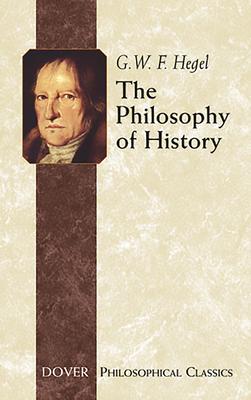
Eschewing the methods of original history (written during the period in question) and reflective history (written after the period has passed), Hegel embraces philosophic history, which employs a priori philosophical thought to interpret history as a rational process. Reason rules history, he asserts, through its infinite freedom (being self-sufficient, it depends on nothing beyond its own laws and conclusions) and power (through which it forms its own laws). Hegel argues that all of history is caused and guided by a rational process, and God's seemingly unknowable plan is rendered intelligible through philosophy. The notion that reason rules the world, he concludes, is both necessary to the practice of philosophic history and a conclusion drawn from that practice.
Eschewing the methods of original history (written during the period in question) and reflective history (written after the period has passed), Hegel embraces philosophic history, which employs a priori philosophical thought to interpret history as a rational process. Reason rules history, he asserts, through its infinite freedom (being self-sufficient, it depends on nothing beyond its own laws and conclusions) and power (through which it forms its own laws). Hegel argues that all of history is caused and guided by a rational process, and God's seemingly unknowable plan is rendered intelligible through philosophy. The notion that reason rules the world, he concludes, is both necessary to the practice of philosophic history and a conclusion drawn from that practice.
Paperback
$14.95